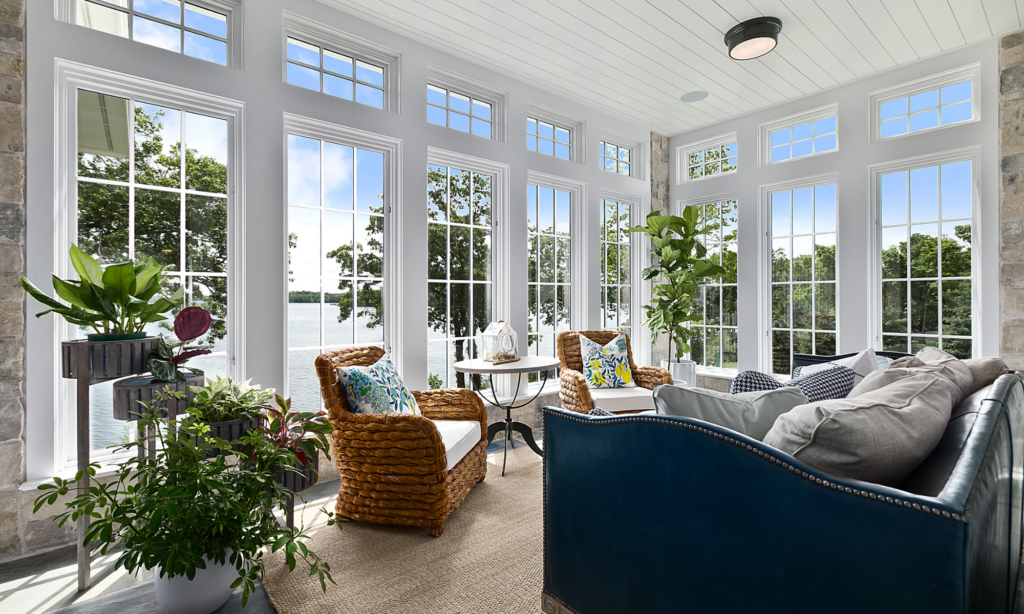Thinking about going solar? Solar panels can significantly reduce energy bills and carbon footprint, but they’re not a one-size-fits-all solution. Before investing, ask yourself these five key questions to determine if solar power is right for your home. A little research now can lead to big savings and a greener future later.

1. How Much Sunlight Does Your Roof Receive?
The more direct sunlight your roof gets, the more efficient your solar system will be. South-facing roofs with minimal shade are ideal. If your roof is shaded for most of the day, solar panels may not generate enough energy to justify the cost. In some cases, shade-tolerant panels or ground-mounted systems may be alternatives worth exploring.
2. What’s the Condition and Age of Your Roof?
If your roof is old or in poor shape, you may need to repair or replace it before installing solar panels. Solar systems typically last 25–30 years, so your roof should be able to last just as long. Installing panels on a new or recently renovated roof ensures you won’t need to uninstall them for future repairs. Most solar companies will assess roof readiness during consultation.
3. How Much Is Your Current Energy Bill?
Solar is most cost-effective for homes with higher electricity usage. The savings might not justify the investment if your energy bills are low. Homes with electric heating, pools, or EV chargers often see the most dramatic savings. Using your utility bill history, solar professionals can model potential monthly and long-term savings.
4. Are There Incentives Available in Your Area?
Federal tax credits, state rebates, and utility incentives can significantly reduce upfront costs. These programs vary by location and are sometimes time sensitive. Some states also offer net metering, which credits you for excess power sent back to the grid. Incentives can reduce your payback period by several years, making solar more accessible than ever.

5. Do You Plan to Stay in Your Home Long-Term?
Solar is a long-term investment, and the biggest savings come overtime. If you plan to move in the next few years, you may not recoup the full benefits. However, studies show homes with solar panels often sell faster and for more money. Be sure to consider how solar will impact your resale value and local buyer preferences.
By answering these questions, you can determine whether solar is the right fit for your home and lifestyle. An in-home or virtual consultation can further clarify costs, savings, and installation options tailored to your property.
How Much Can New Windows Save on Energy Bills?
When homeowners consider improving energy efficiency, windows are often overlooked in favor of larger upgrades, such as…
What to Expect During a Roof Replacement
Replacing your roof may feel like a daunting project, but with the right expectations, the process becomes…
Bathroom Remodeling on a Budget: Where to Save and Where to Spend
Remodeling a bathroom is one of the best ways to update your home’s style, comfort, and resale…



